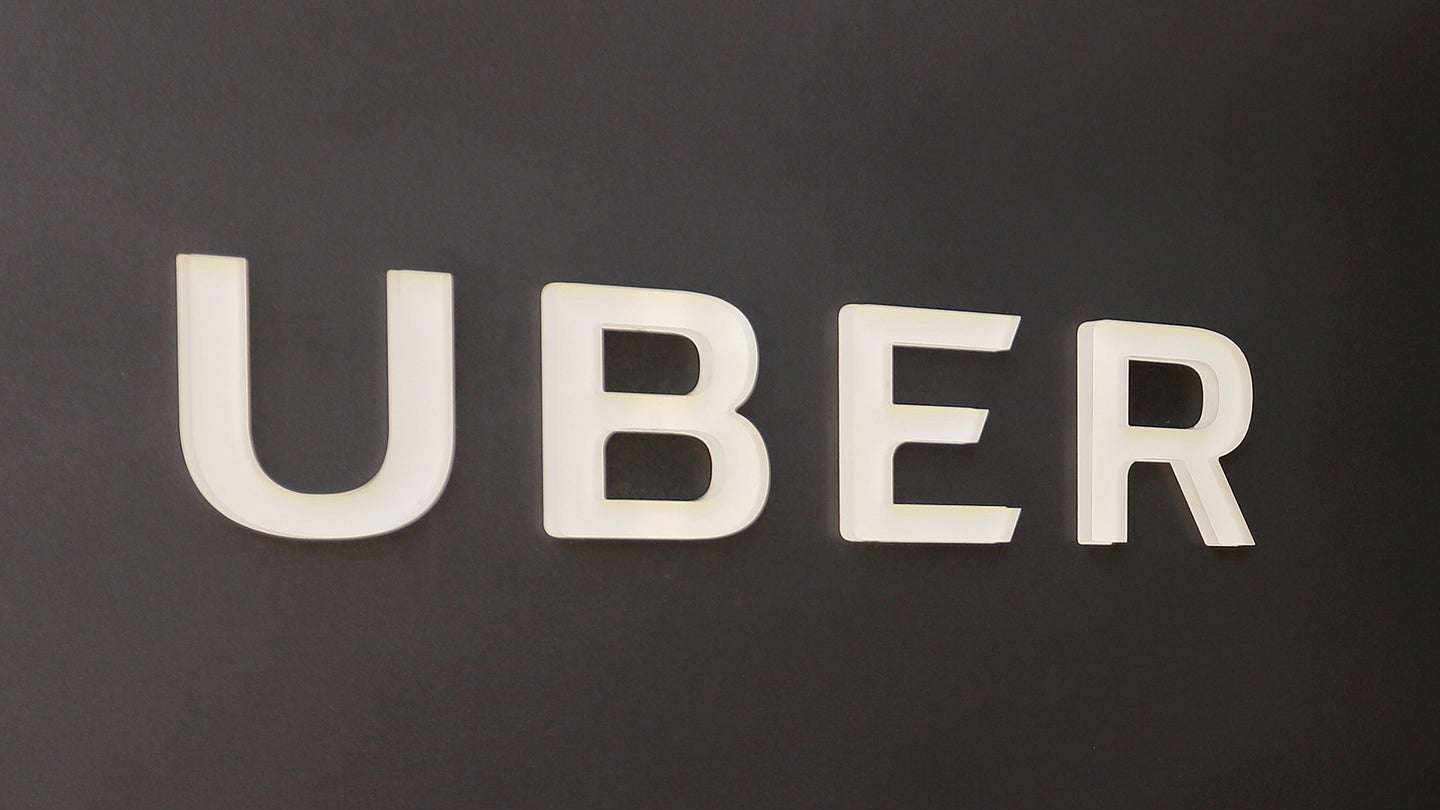Uber Is Still the Leader in Global Ride Hailing, Report Says
But how long will it remain on top?

Despite a string of scandals and mishaps, Uber is the leader in global ride hailing, according to research firm ABI Research. In a comparison of global ride-hailing companies, Uber ranked highest because of its large existing market share and quickness to implement new features, ABI said. But competitors may soon catch up.
Uber currently operates in more than 70 countries, which is more than twice the number of countries of its closest rival, Didi Chuxing, according to ABI. The company also ranked in the top three for two other metrics used by analysts: Average net revenue per monthly active user and customer satisfaction.
Didi Chuxing, which bought Uber's Chinese operations in 2016, actually controls 52 percent of the global ride-hailing market, according to ABI. But the research firm noted that Didi hasn't expanded too far out of its home market of China, so it was ranked second.
Grab and Lyft were ranked third and fourth, respectively. Both remain smaller, regional operations, with Grab focusing on Southeast Asia and Lyft focusing on North America. Grab recently inked a deal to buy Uber's operations in Grab's home region. The Didi and Grab deals, along with a 2017 deal to sell its Russian operations to Yandex, show that while Uber has built up a bigger global network, the company may be losing interest in maintaining it.
Rival ride-hailing firms may also be able to compete with Uber in other areas. Lyft had the highest level of customer satisfaction among the companies surveyed, and the highest average net income, at $167 per monthly active user.
While it isn't free of sin, Lyft has tried to lure customers that have turned away from Uber because of the larger company's many scandals, which have included allegations of discrimination, tolerance of sexual harassment by employees, and improper use of driver and rider data.
Uber was also ranked highest because of its aggressive implementation of features like surge pricing and its in-house autonomous driving program. But that program has ground to a halt due to a fatal crash that took place in March. Meanwhile, Lyft is using alliances with other companies to catch up to Uber in autonomous-car development. The smaller company also recently bought bike-sharing firm Motivate, giving it a head start in what is shaping up to be the next big growth area for mobility services.
As the company that popularized ride hailing, it's not surprising that Uber is still number one in the business. But Uber faces more competition than ever and is still trying to regain its footing after a series of missteps. How long will it remain on top?
